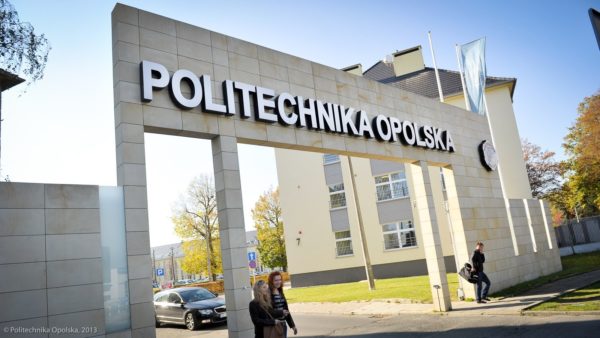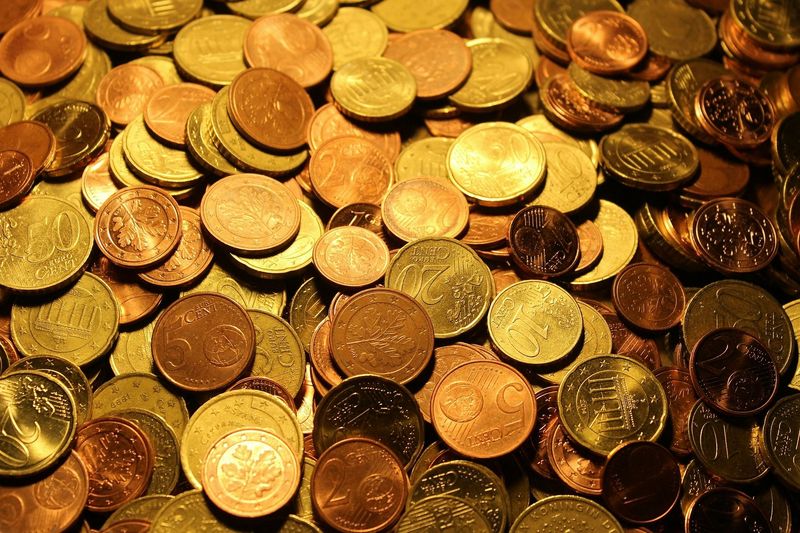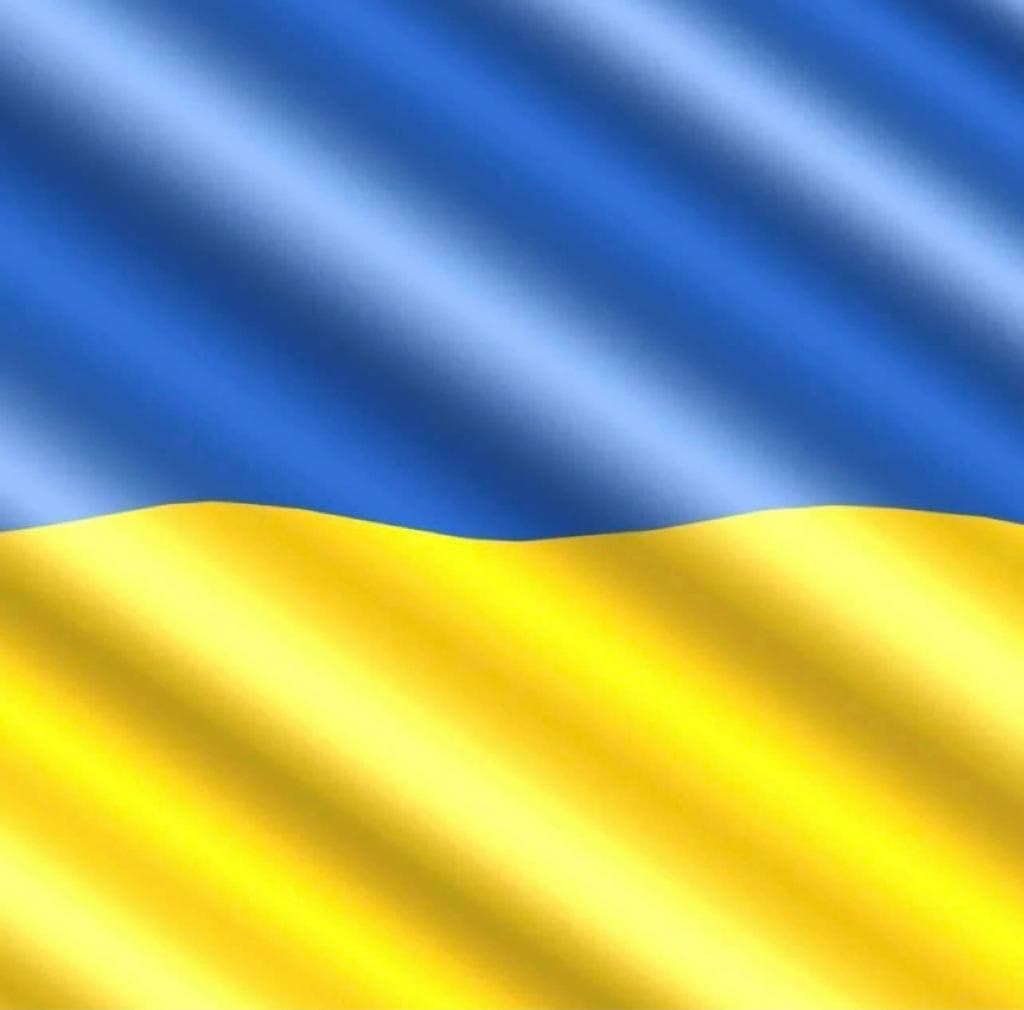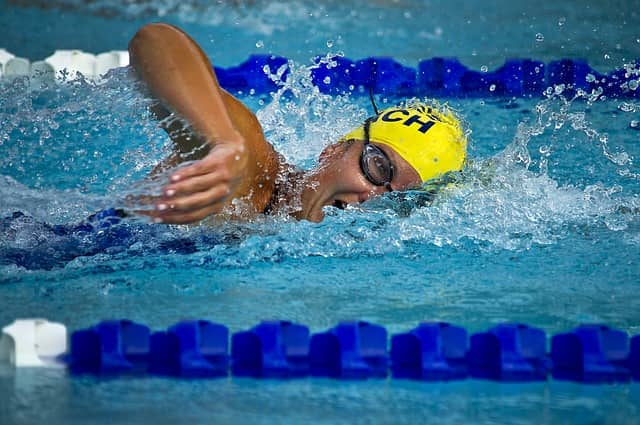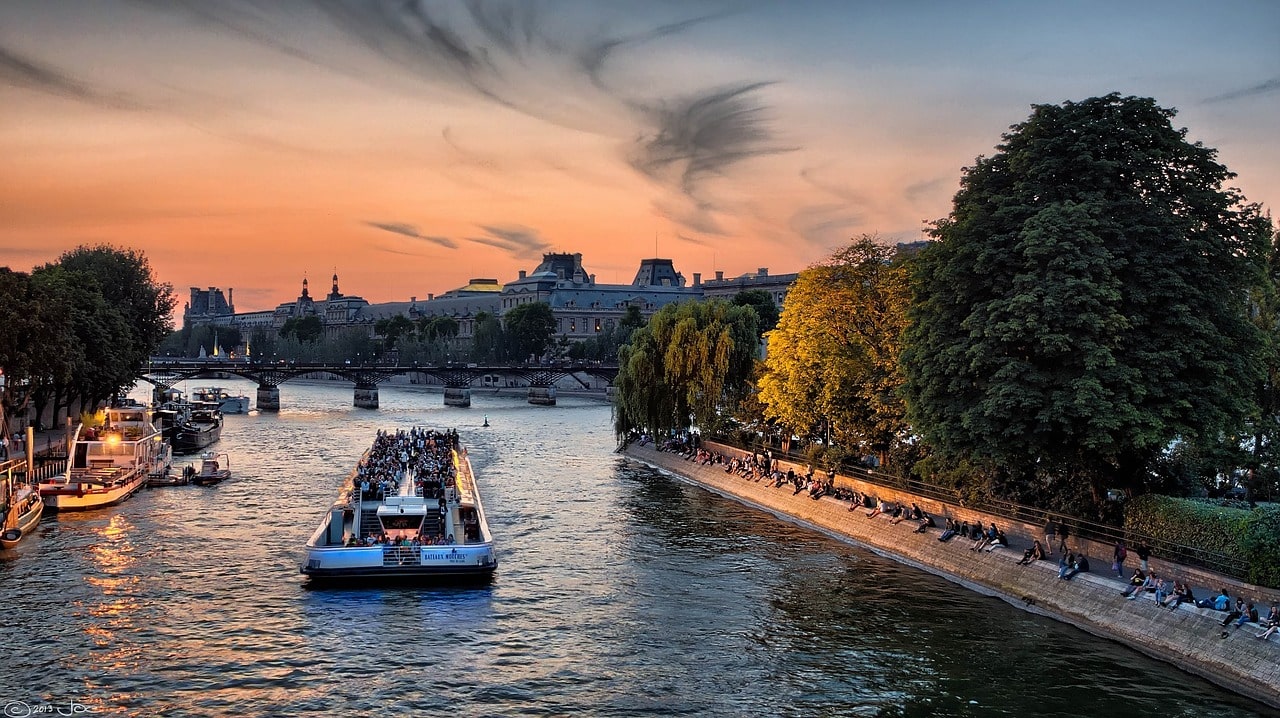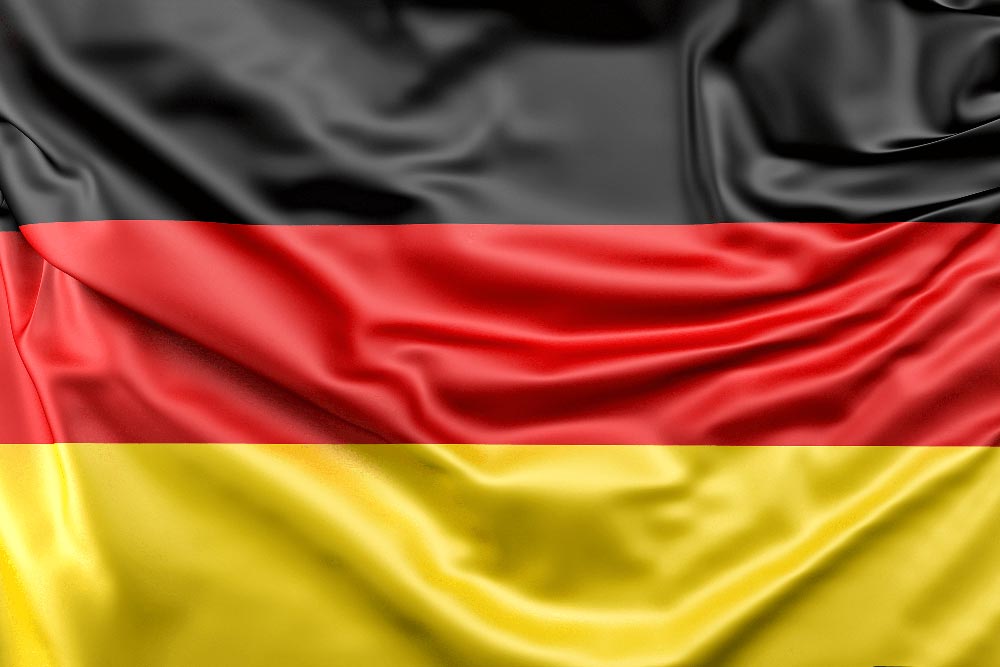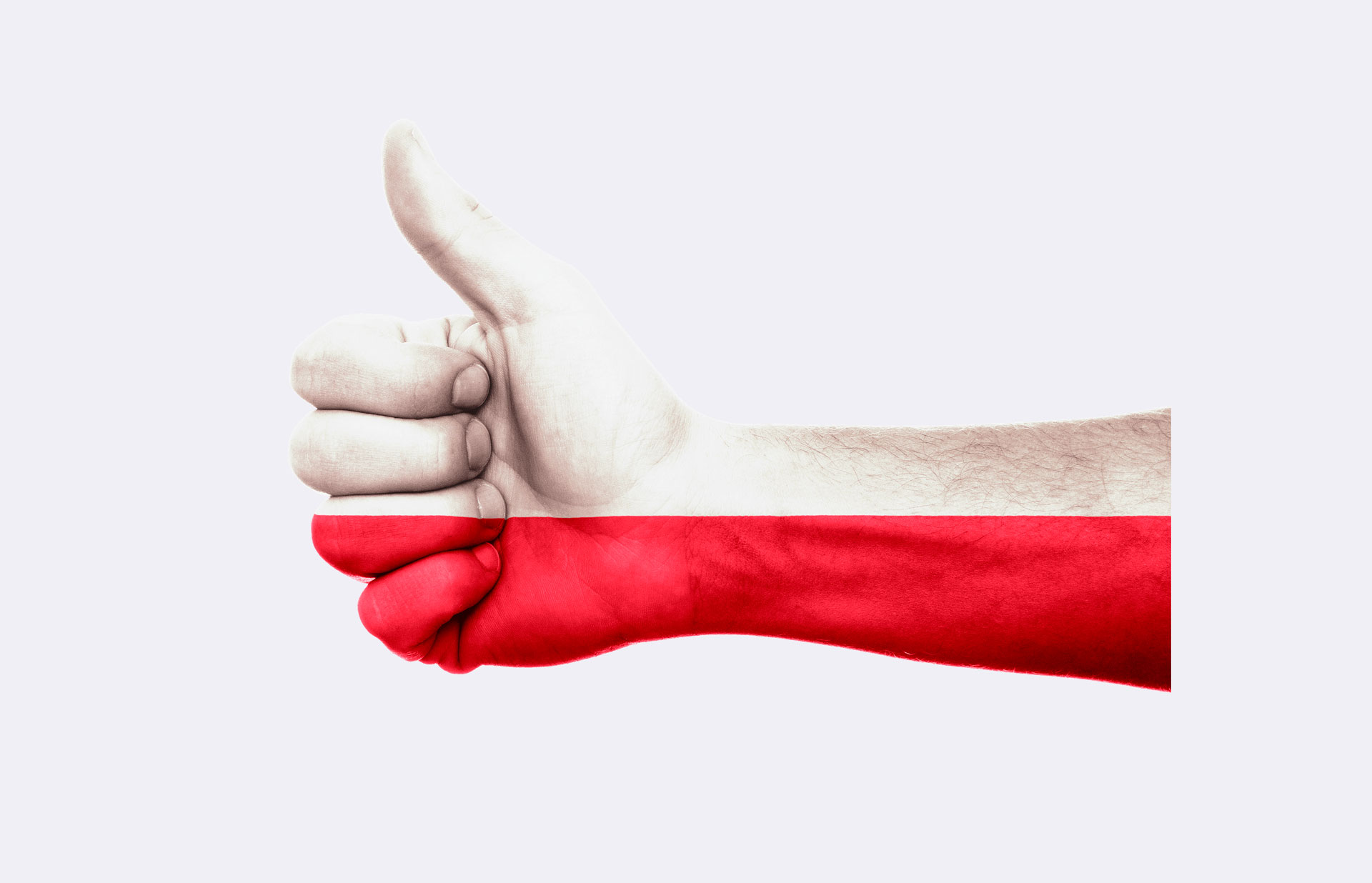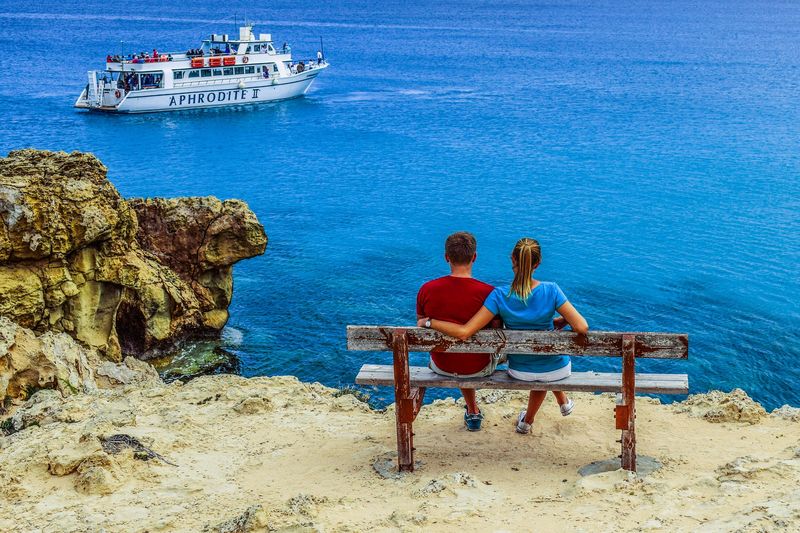- An educational system in France
- A preschool education
- A primary school
- A college
- A lyceum
- Higher educational institutions
- «High school»
- Advantages of education in France
- Duration of education
- Conditions of entry
- An educational year
- Scholarships
- Diplomas and scientific degrees
- Practice and internship
- A cost of education
- A residence
- A food
- Transport
France is another country enjoyed by foreign students. In the ranking of the most popular universities France deservedly ranked third place (after the United States and Great Britain). It is pleasant that foreign students can enter French universities under the same conditions as local entrants. Each foreign student annually allocates 35 thousand francs from the budget. Foreign students study at French universities on the same terms as local entrants.
Students here are attracted by the centuries-long experience of the Sorbonne, Montpellier and Strasbourg, which have successfully introduced a progressive education system, in conjunction with a wide range of training programs. Another important advantage is the ability to obtain a prestigious European diploma that is recognized all over the world. In this country, much attention is paid to the development of education and the search for new teaching methods. At the state level, 21% of funds are allocated to the educational sector each year.
One of the main features of the educational system in France is the equally high quality of education both in the center and in the provinces.
A system of education in France
The history of the local education system starts from the time when the Sorbonne was founded. More precisely, the framework was outlined in the years 1880-1890. Since then little has changed. Education in the country is free, non-religious and compulsory for all French children aged 6 to 16 years. The country has successfully operated both private and public institutions. Private schools attend about 20% of children, the rest – 80% study in state institutions. Regulation of educational programs and the organization of examinations and competitions in private and public institutions is carried out exclusively by the state. Only the state has the right to give all the diplomas to the baccalaureate level.
The structure of education in France has the following components:
- From 2 to 6 years old – a preschool education;
- From 6 to 11 years old – a primary education;
- From 11 to 18 years old – a secondary education, at the end of which graduates take exams and receive a bachelor’s degree;
Higher education
The training is given 27 hours a week, on Monday, Tuesday, Thursday, Friday and Saturday morning. On Wednesdays and Sundays, French students relax. Primary schools are not allowed to ask homework, but in practice, children receive some guidance as to what to repeat or do at home.
Let’s consider the main stages of education in France in more detail.
A preschool education
Kindergartens children in France can attend from 2 years. One of the conditions is the availability of vacancies in such institutions. Visiting kindergarten is not mandatory, but almost all children under the age of 6 receive preschool education, they attend local “mother schools” école maternelle.
Preschool education in France is considered to be quite successful. All educational spaces are very well equipped, children get communication skills, learn and play, gain useful knowledge.
In French kindergartens, children are divided into three age groups:
- From 2 to 4 years old – a group for the youngest children in which they only play;
- From 4 to 5 years old – in addition to the game, children attend classes on modeling, painting, develop oral communication skills and other practical skills;
- From 5 to 6 years old – an older group of children attend classes on reading, writing and math.
The gardens work five days a week and during the holidays.
A primary school
French children go to school at the age of 6 years. The entire learning process is divided into three main periods:
- The initial stage – the educational process takes 5 years;
- An education in college – 4 years;
- An education in lyceum – 2-3 years.
Only education in primary school and college is compulsory.
Primary school is attended by children aged 6 to 10 years. The education is free. To enroll in school, you need to send a motivation letter to the institution’s management. If the thesis in the application are conclusive, the future student is invited to interview and test for language knowledge and basic school disciplines
College
After graduating from primary school, children go to college. Admission to such educational institutions is based on the geographical principle. The term of study is 4 years. But the count is from the sixth grade to the third. And after graduating from the third grade, students make a special state examination, after which they receive a certificate of brevet.
The first two years of college education (6th and 5th grades) are aimed at surveillance. All children are adapting, studying the same courses and one of the international languages.
The next period of study (the 4th and 3rd grades) is orientation. Students study a second foreign language and can additionally choose another language for study, such as Latin, Greek, etc.
While studying at a college you can get a specialty, and already with the certificate of graduation can go to work in the field of services or industrial enterprises.
Also, after graduating from college, you can obtain additional education at vocational centers. Graduates are issued a special certificate, on the basis of which you can work on a specialty.
A lyceum
The final stage of secondary education in France – study at the lyceum. There are such institutions of general and professional orientation. After graduating from general-purpose lyceums, graduates have the opportunity to enter higher education institutions. Term of studies in lyceums – 3 years. For a certificate, future graduates take exams, the profile of which depends on the chosen specialty.
The main difference of lyceums in France is that the specialization of students begins at the time of education. Also, the difference is that not all graduates of lyceums receive a secondary education (only 80%) baccalaure-at or a short BAC. It should be noted that children of foreigners who do not live permanently in France are enrolled in public and private lyceums in the same conditions.
There are three types of the document of full secondary education in France, depending on the specialization of general direction:
- Literary (L);
- Sciences (S);
- Economic Sciences (ES).
Certificates of secondary education of professional lyceums:
- Technology of the service industry and natural sciences (STT);
- Industrial technologies and natural sciences (STI);
- Social and medical sciences (SMS).
Certificate of completion of lyceum is equal to the first year of the university.
Higher educational institutions
Paris, the capital of France, is recognized as one of the best cities for students. Admission of foreigners to study is one of the oldest traditions of this country. Most foreign students come from the French-speaking countries of Africa – the former French colonies. In public schools, you haven’t to pay for tuition. In private – all paid, but education is conducted in English.
There are more than 80 universities and almost 300 higher schools in France, where almost all the specialties can be found.
In the higher education system of this country there are two cycles:
- «Long»;
- «Short».
In the “short” cycle, the education lasts for 2-3 years in higher technical lyceums, technological institutes and specialized medical institutions with medical inclination.
A “long” cycle of study is possible only in universities. The entire period of study is also divided into three main stages:
- The education lasts for 2 years, after which all students take exams. As a result, you can get diplomas of two types of general or scientific and technical education. At the first stage, you can already graduate, as the diploma gives you the opportunity to get a good job.
- The second period lasts 2-3 years. After the first year of study, graduates receive a licence – a diploma of a licensee, after the second – maîtrise – a magister’s degree, after a third – master – a master’s diploma.
- In the third cycle – an in-depth study of the chosen specialty with additional lessons in independent science. After graduation, graduates receive a diploma of special education (DESS) or in-depth education (DEA).
«High school»
In France, there is also such a type of university as “Higher Schools.” These institutions are considered more prestigious, and education is more specialized than in universities. Such institutions are private and public. The most popular are the following specialties:
- Economy;
- Business;
- Engineering;
- Art;
- Fashion.
All higher schools in France relate to a certain specialization. There are higher engineering, veterinary, military, commercial, pedagogical schools, and higher management schools. Of the entire list, the highest commercial schools, perhaps the only ones, allow you to obtain a prestigious diploma in business and business administration (MBA).
Higher education is taught in English and French. Only over 600 different courses are taught in English.
For studying in high schools, you need to pay from 2,000 to 25,000 EUR per year, depending on the form of ownership (state and private). In state higher education schools, education is much cheaper.
Graduates of these schools are more likely to receive prestigious work with high salary.
Advantages of education in France
- Professional teachers with a high level of teaching and innovative programs;
- An ability for foreigners to enroll in bachelor’s degree programs right after graduating from school and obtaining a certificate of full secondary education;
- To state universities, foreign students are enrolled without exams. The main condition is the availability of a certificate of knowledge of the French language of the sample DELF B2 / DALF C1-C2 or TCF-DAF;
- Foreign students and French citizens have equal conditions for entry to state universities. The only contribution for all students is a registration fee, which varies from 300 to 700 EUR depending on the chosen educational institution;
- Students have the right to work 20 hours a week during the study process and 40 hours – on vacation;
- An availability of privileges and discounts for students (ticket for public transport, compensation of funds spent on payment of housing);
- An ability to visit the countries of the Schengen area freely for foreign students;
- Good chances of getting a high-paying job after graduation.
Duration of education
Students need to study for 4-5 years to complete their higher education. Although some specialties require more time to study. For example, to become a doctor, a student will have to study from 5 to 11 years, depending on the chosen specificity of the profession.
Conditions of entry
Entrance to the universities of France is distinguished mainly by the fact that students do not enter, but “record”. The law of the country clearly states that each applicant who has received a certificate of full secondary education is accepted for the first year of the chosen university for the specialty specified by him. Nationality and citizenship have no meaning at all.
Students’ selection takes place during the first year of study at the university. Student’s selection is based on indicators of success, as well as on the results of the examinations that students make at the end of the first academic year. As a result of such inspections, after the first year, only 40-50% of students who were “written down” to the university continue their studies.
In France, there is also a scheme for transition from one university to another throughout the course of study. You can even change each year not only the educational institution but also the specialty. When transferring to the same faculty of another university you do not need to take exams. If the student completely changes the direction of study, then he has to take the exam.
For foreigners, the conditions of entry are a little different. When entering the first or second course, you have to select 3 educational institutions and provide a complete package of required documents. You have to pass them through a government agency in France (Campus France) no later than January 31 of the year in which the entry is scheduled. All three universities should have one direction of study. If you do not have a full secondary education certificate, you can submit an extract from the institution for the last 5 semesters of study. To enter the second course, you should additionally provide a certificate of full secondary education and a document with estimates for the first year of study at a local university.
When enrolling in the third year, you have to apply directly to your chosen university in France. In addition, you need to submit a resume and a letter of motivation.
To enter “high school”, you need to undergo preparatory courses that last two-three years. The process of applying for entry lasts from January to March inclusive. Applicants who have already obtained a Bachelor’s or Master’s Degree may enter the “high school” without preparatory courses.
An educational year
Study in France is divided into 2 semesters. The academic year begins in September or October, depending on the chosen university.
Scholarships
The cost of studying at universities in France is much cheaper than in other European countries, so the issue of scholarships and grants for students is not so acute. But there are government programs for student compensation.
Diplomas and scientific degrees
The higher education system corresponds to the Bologna process and does not differ from the European one. The classic program has three stages:
- Licence – bachelor. Term of studies 3 years;
- Master – master. Depending on the chosen educational program, the term of study is 1-2 years;
- Doctorat – doctor. The study and defense of the dissertation takes 3 years.
Practice and internship
A significant number of European companies collaborate with universities in France, so students always have the opportunity to take internships in well-known companies and gain the necessary experience.
A cost of education
Education at public universities in France is free. At the beginning of the first semester, students only need to pay “registration fees”, the size of which depends on the chosen educational institution and ranges from 300 to 700 EUR. These funds are used to pay for the library, using the educational facility and the university laboratory.
A residence
The right to get a place in the dormitory are all, without exception, the students of a particular university. But in practice places are not always enough. Therefore, students from low-income families, foreigners, and those studying in the magistracy and postgraduate study are first populated in dormitories. The cost of living in a hostel varies from 100 to 330 EUR per month.
The most interesting thing is that dormitories in France do not belong to universities, but to centers for student placement – CROUS.
The living conditions are quite comfortable, there is a kitchen, a new bathroom, shower. In order for a foreign student to get a seat in the hostel, it is necessary:
- Pay a monthly fee of room in a hostel;
- Provide contacts to a French citizen who acts as a guarantor;
- Sign the act of renting a room.
The cost of renting a single room or house is much more expensive. For a room in a month, you will have to pay from 300 EUR, for an apartment – from 500 to 900 EUR. For renting an apartment there are also conditions in the form of an advance, and the guarantor’s representation.
You can also rent an apartment in the city, or live in a family.
A food
Food costs occupy one third of the total monthly student expenses. On average, you need to spend 50 to 70 EUR a week on food. In order to save money, you can eat in student dining. The cost of a full dinner at such institutions is 3 EUR.
But for lunch in the cafe you will have to pay at least 15 EUR. Dinner at a restaurant costs much more.
The cost of food in France is considered to be low. In addition, there are constant seasonal discounts, promotions. We offer to know the prices of some food products:
- Milk – 0,9 EUR for 1 liter;
- Bread – 0,7 EUR;
- Potato – 1,4 EUR for 1 kilogram;
- Eggs – 2 EUR for 10 pieces;
- Rice – 1 EUR for 1 kilogram;
- Spaghetti – 1,2 EUR for 500 gram;
- Yogurt – 2,5 EUR;
- Apples – 1,5 EUR;
- Oranges – 1,7 EUR;
- Chicken – 1,8 EUR for 1 kilogram.
Transport
Student ticket allows you to get a 50% discount on public transport trips. This category includes buses, trams and metro. The most popular type of transport is the bus, in some cities they run even at night.
Tickets for buses and metro can be bought at the ticket office. There are several types of tickets, depending on the terms of their validity:
- For a day;
- For a week;
- For a month;
- For a year.
The fine for an unpaid trip is 100 EUR.


 kudapostupat
kudapostupat












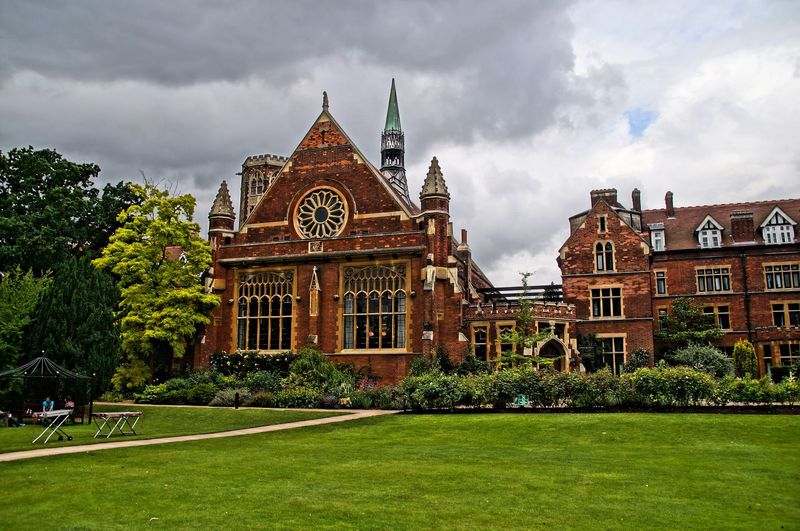






 322770
322770 